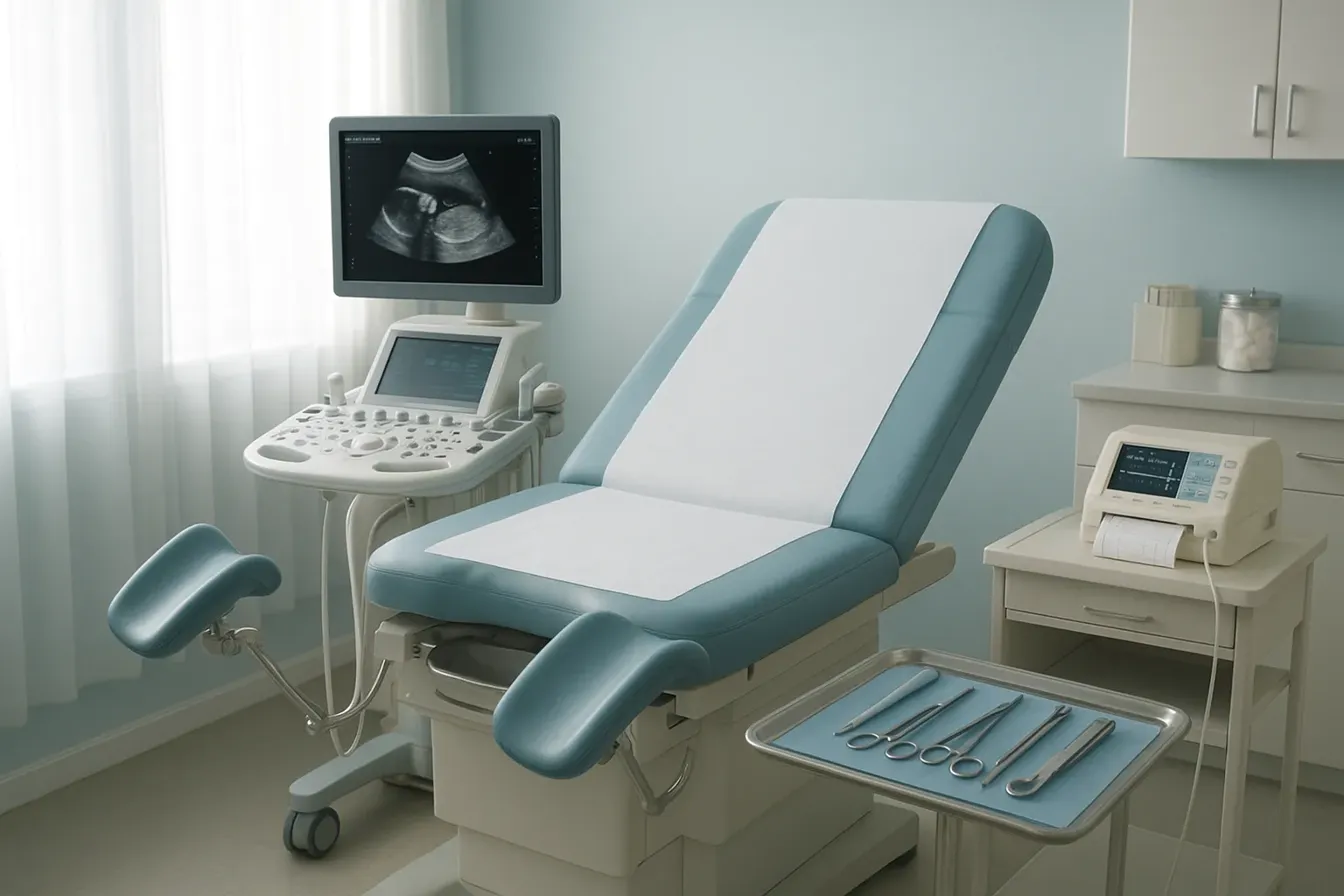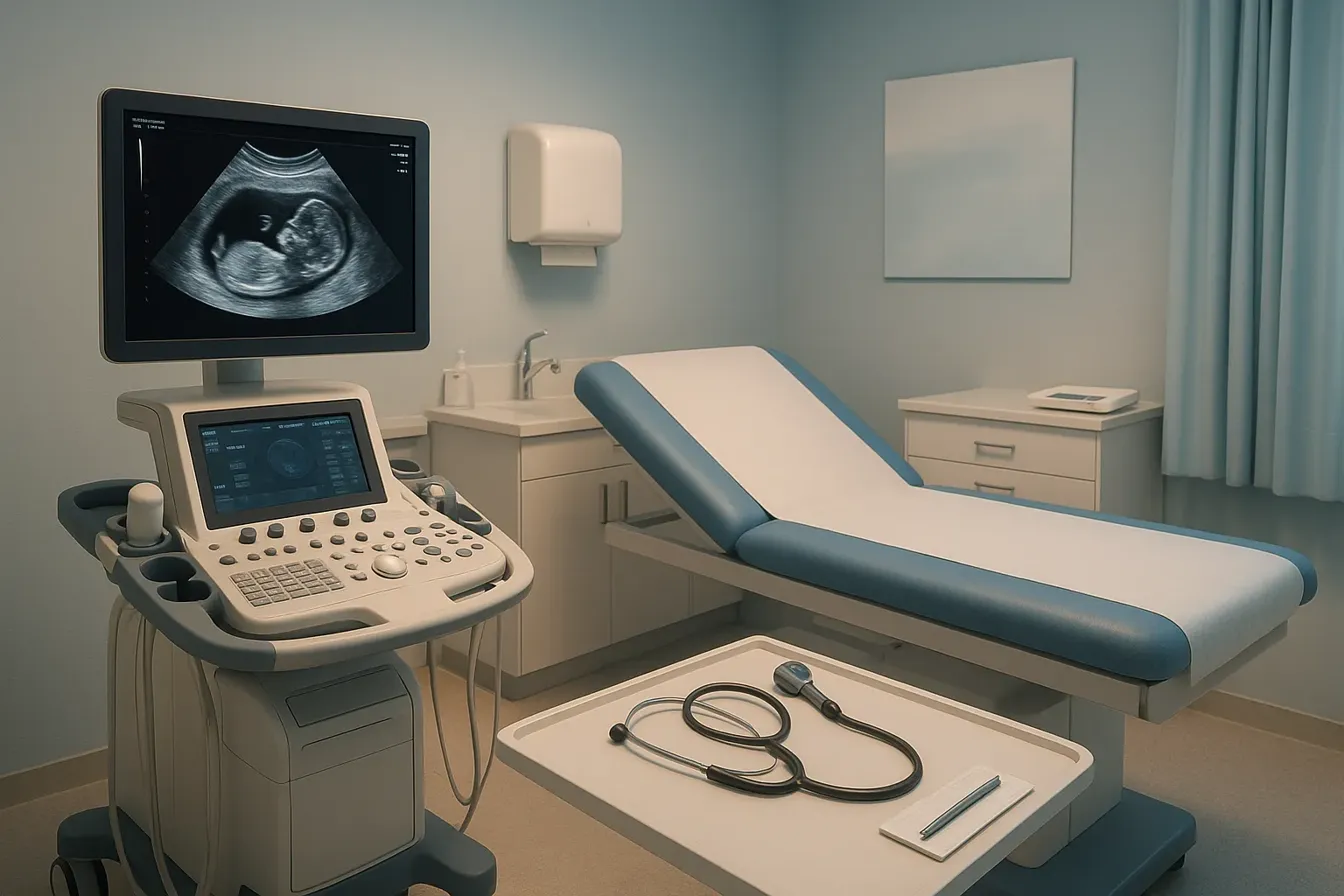Empowering Women Through Every Stage: A Lifelong Commitment to Health and Wellness

Pregnancy is a time of great change in your body. As your baby grows, you may find you can no longer do some of the physical things you used to do as easily. You may also notice that the foods you used to love don’t love you anymore.
At Raveco Medical, we offer comprehensive pregnancy care to help ensure the health of both you and your baby. Our team can help you create a diet plan that prevents symptoms like heartburn that’s safe for your baby as they develop.
What not to eat
While each woman has different needs and food preferences, we recommend that you focus on eating healthy, fresh foods as much as possible. Be sure to wash everything well to reduce your risk for contamination from bacteria and parasites.
Our obstetricians also suggest that you avoid certain foods throughout your pregnancy including:
Certain types of fish
Fish is often considered a healthy dietary choice, but there are also certain fish that may contain the toxin mercury. Mercury can be found in polluted waters and in higher amounts, can affect the nervous system, kidneys, and immune system of both you and your baby.
High-mercury fish can include:
- Tuna
- Swordfish
- Marlin
- Orange roughy
- King mackerel
You may still be able to include low-mercury, cooked fish, such as haddock, salmon, and cod in your diet, and you can always ask our team any questions you have about safe fish options. Avoid raw fish, especially shellfish, throughout your pregnancy.
Caffeine
When you drink caffeinated products, like coffee or soda, the caffeine absorbs into the placenta. Neither your placenta or your baby has the enzyme needed to process caffeine, so its levels can build up and affect your baby’s growth and birth weight.
Raw eggs
Raw or undercooked eggs can contain salmonella, a bacterium that can cause vomiting, stomach cramps, and diarrhea.
This type of bacterial infection can also cause cramping in the uterus, which can lead to premature labor or stillbirth.
Unpasteurized dairy and juices
In addition to avoiding raw eggs, you also need to avoid unpasteurized cheeses, milk, and juice that can contain bacteria like salmonella, E. coli, or listeria. Bacterial infections that can result from eating contaminated foods can make you sick and increase your baby’s risk for potentially serious health complications and death.
Organ meats
Organ meats like liver provide essential vitamins and minerals. However, eating too much of it can increase your risk for congenital defects and miscarriage during the first trimester of your pregnancy.
Alcohol
Consuming alcohol during a pregnancy, even in small amounts, can negatively affect the development of your baby, especially their brain and heart.
Women who drink frequently may also be putting their baby at risk for fetal alcohol syndrome that can cause physical deformities, intellectual disabilities, and long-term social and behavioral disorders.
If you have questions about what to eat during a pregnancy or are looking for high-quality pregnancy care, schedule a consultation online or call the Raveco Medical office nearest you today.





.png)